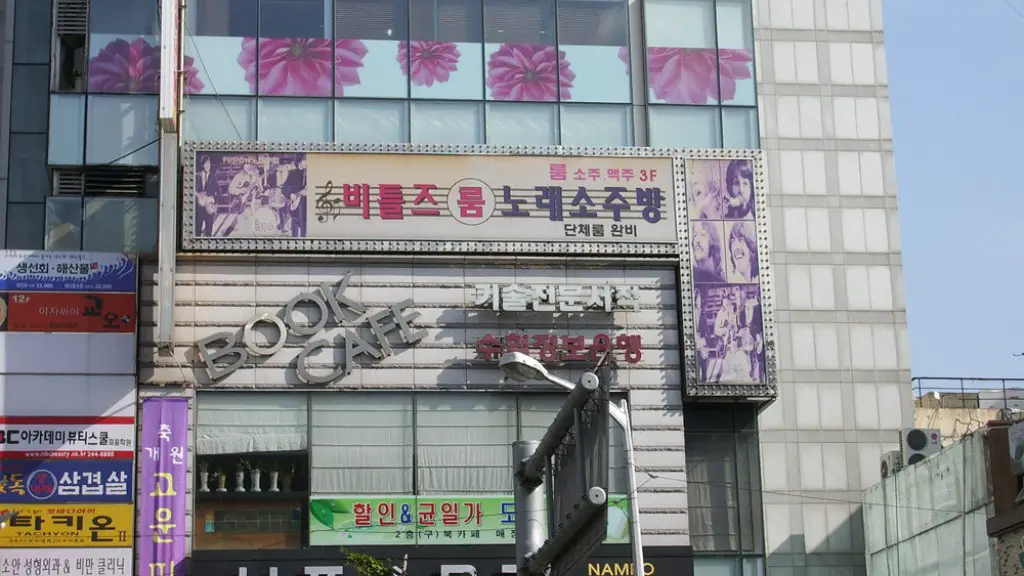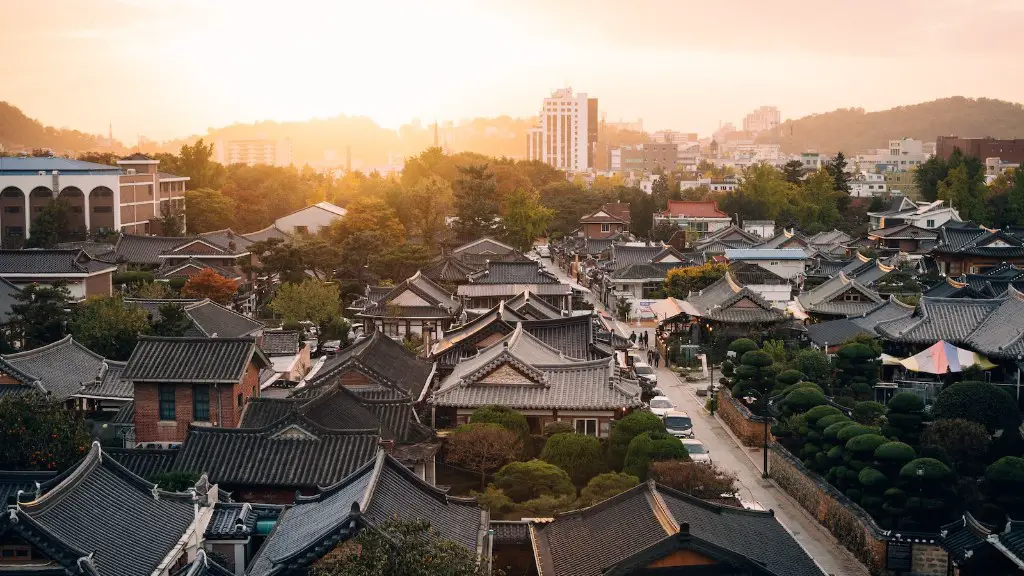Overview
North Korea is one of the most enigmatic countries in the world. It has been closed off from the outside world since its establishment in 1948, and questions about who can legally enter remain unanswered. In order to understand what is required for entry, it is helpful to look at the few ways that foreigners can visit North Korea, understand the dynamics between North Korea and the international community, and consider the restrictions placed on travelers.
Tourism
One of the main ways for foreign nationals to access North Korea is through organized tours. These tours, often known as ‘transit tourists’, typically last from four to six days and are led by tour guides who speak both Korean and English. Due to the stringent security regulations enacted by the North Korean government, travel with these organized tours is monitored and restricted to certain parts of the country. Tourists must also abide by laws put in place by the governing body, such as the Foreign Exchange Regulation Act, which states that individuals must not bring in or take out foreign currency.
Business
The second way that foreigners can enter North Korea is with government-approved business trips. These trips are typically promoted and monitored by the North Korean foreign ministry. Business participants must submit detailed travel itineraries and obtain special entry visas, both of which can take weeks or months to process. Additionally, North Korea has passed a Regulation for Strategic Industries, which requires businesses to obtain special permission and authorizations for any activities related to security or military industries.
Diplomacy
Another way to gain entry to the country is through diplomatic visits. Diplomats who are invited by the North Korean government may gain entry to attend conferences or official events. There are a few other requirements for diplomatic visitors, such as letters of introduction from the sending organization, visas and personal clearance for entering the country.
Journalists
Journalists have been able to access the country in limited circumstances. However, all journalists must apply for a special visa, submit a detailed itinerary and obtain clearance from the North Korean government. Journalists must travel with an officially approved minder and cannot travel independently.
Ambassadors and Foreign Employees
Foreign ambassadors or employees may gain access to North Korea through diplomatic exchanges. This is done most often through embassies or cooperative states, with formal requests made to the North Korean government. These typically involve long-term visas, while short-term visas may be granted to those who need to conduct business or short-term diplomatic visits.
Restrictions
Regardless of reason for entry, all visitors to North Korea must abide by the regulations imposed by the North Korean government, which include restrictions on communications, behavior, and transportation. Cellphones, computers and other devices that contain communication equipment must be registered upon arrival. Also, visitors must take special care when engaging with locals, as North Korean citizens can face extreme consequences for interacting with foreigners. Finally, tourists must follow the prescribed transportation routes and cannot explore off the beaten path.
Humanitarian Access
In addition to the methods outlined above, a small number of foreign nationals are able to access North Korea through the humanitarian system. These individuals could be visitors employed by an international aid organization, or a charity representative helping with medical relief or education. They may need to obtain special humanitarian visas and obtain clearance from the North Korean government before they are able to enter the country.
Experiences of Visitors
Most visitors report a unique, albeit restricted, experience when travelling to North Korea. Tourists on organized tours typically visit landmarks, such as the Grand People’s Study House and the Pyongyang Zoo, and are able to visit libraries, schools and other state-run institutions. Those travelling for business or diplomatic reasons appear to have a much different experience and often have more flexibility when travelling, including access to hotels and restaurants.
Media Coverage
Despite the limited access that the average traveler may be able to achieve, media coverage and access to North Korea is strictly monitored. All journalists and tourists are required to submit their reports and footage to government officials for approval before release. Foreign nationals must take note of this in order to prevent any negative consequences for their actions, both in North Korea and abroad.
Relations between North Korea and Foreign Countries
North Korea has a strained relationship with most foreign countries. The country is at odds with the United States over nuclear agendas, while there is a long standing military tension between North Korea and South Korea. In addition, there are limits to the currency exchanges and imports that can be made to the country.
Summary
In summary, entry to North Korea is highly restricted and regulated. The few ways to gain legal access are through organized tourism, business trips, diplomatic visits, journalists and diplomats, and humanitarian aid workers. While entry is technically possible, visitors must abide by the laws imposed by the North Korean government and take careful note of their freedom of movement and media coverage. The relationship between North Korea and other countries is complex, and foreign nationals should be aware of all of the restrictions that may impact their decision to enter the country.


